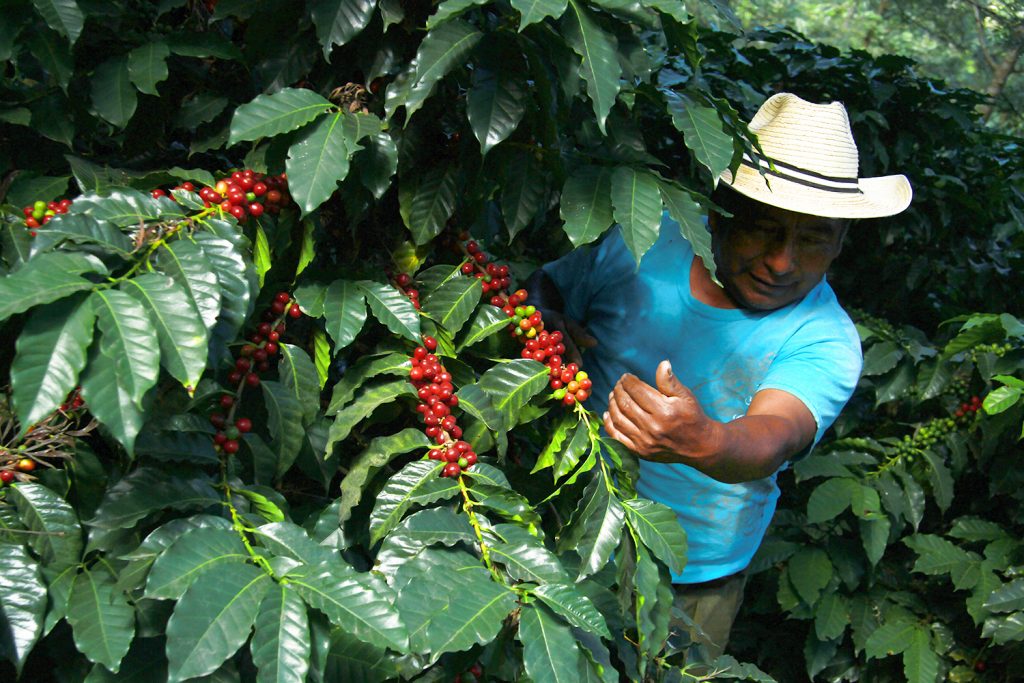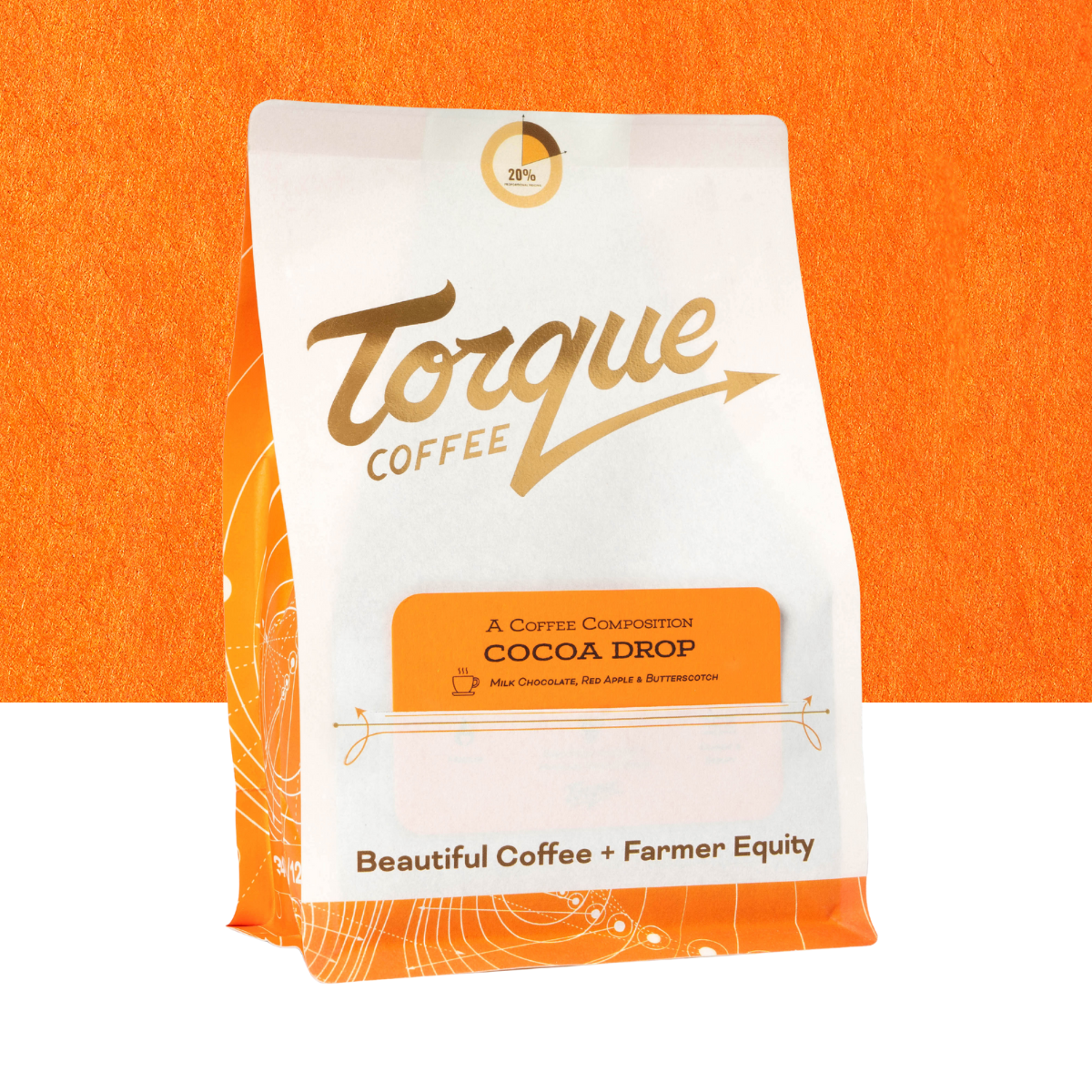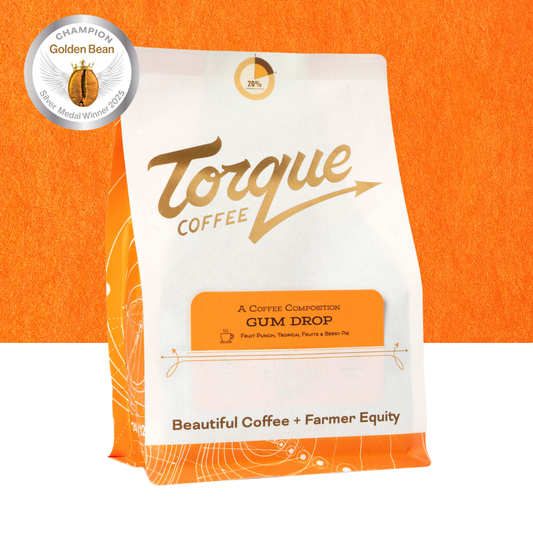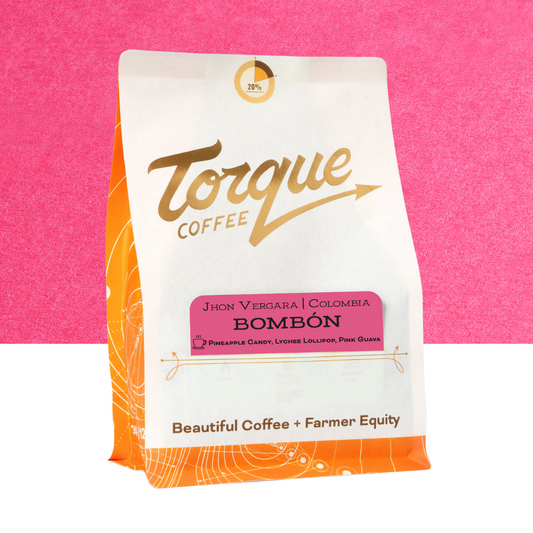
What is Specialty Coffee?
Specialty coffee is a term that is often used in the coffee industry, but what exactly does it mean? In this blog post, we will explore the definition of specialty coffee and the attributes that make it unique and special.
What is Specialty Coffee?
Specialty coffee refers to the highest quality coffee beans that are carefully selected and roasted to bring out their unique flavors and characteristics. These beans are grown in specific microclimates and are often sourced from small, independent farms around the world.
Unlike commercial-grade coffee, specialty coffee is not mass-produced. It is produced in smaller quantities and undergoes a rigorous process of cultivation, harvesting, and processing to ensure its exceptional quality.
Specialty coffee is a coffee or coffee experience recognized for its distinctive attributes, and because of these attributes, has significant extra value in the marketplace.
Specialty coffee can consistently exist through the dedication of the people who have made it their life's work to continually make quality their highest priority. This is not the work of only one person in the lifecycle of a coffee bean; specialty can only occur when all of those involved in the coffee value chain work in harmony and maintain a keen focus on standards and excellence from start to finish. This is no easy accomplishment, and yet because of these dedicated professionals, there are numerous specialty coffees available right now, across the globe, and likely right around the corner from you.
Defining Attributes of Specialty Coffee
Several attributes contribute to the uniqueness and specialness of specialty coffee:
- Flavor: Specialty coffee is known for its complex and distinct flavors. Each coffee bean has its own flavor profile, which can range from fruity and floral to chocolatey and nutty. The flavors are often influenced by factors such as the coffee variety, growing conditions, and processing methods.
- Green Grading: Specialty coffee beans undergo a strict grading process to assess their quality. The beans are evaluated based on factors such as size, shape, color, and defects. Only the highest quality beans that meet specific criteria are considered specialty grade.
- Score: Specialty coffee is also assigned a score based on its cupping evaluation. Cupping is a standardized tasting method used to assess the aroma, acidity, body, and overall quality of the coffee. The Specialty Coffee Association (SCA) has established a scoring system, with a score of 80 or above indicating specialty grade.
What Makes Specialty Coffee Special?
Specialty coffee stands out from other types of coffee due to its exceptional quality, attention to detail, and commitment to sustainability. Here are a few reasons why specialty coffee is considered special:
- Traceability: Specialty coffee is often traceable back to the specific farm or region where it was grown. This transparency allows consumers to learn about the origin of their coffee and support sustainable farming practices.
- Traceable Trade: Many specialty coffee roasters establish direct relationships with coffee farmers, ensuring fair prices and sustainable practices. This direct trade model promotes a more equitable and ethical coffee industry.
- Focus on Craftsmanship: Specialty coffee roasters take pride in their craft and strive to bring out the best flavors in each batch of coffee. They carefully roast the beans to highlight their unique characteristics, resulting in a more enjoyable and flavorful cup of coffee.
- Equitable Value: Specialty coffee must deliver more value as a percentage to the coffee producers. Commodity coffee typically only lets the coffee producers keep 3-5% of the value of their coffee. Specialty Coffee does better on average and gives 5-10% of the value to coffee producers.
- Torque believes that a minimum of 20% of the full retail value of roasted coffee is due to the coffee producers so that's what we give our producers.
By choosing specialty coffee, consumers can not only enjoy a superior coffee experience but also support sustainable farming practices and the livelihoods of coffee farmers around the world.
For more information on specialty coffee, you can visit the following expert sources:






